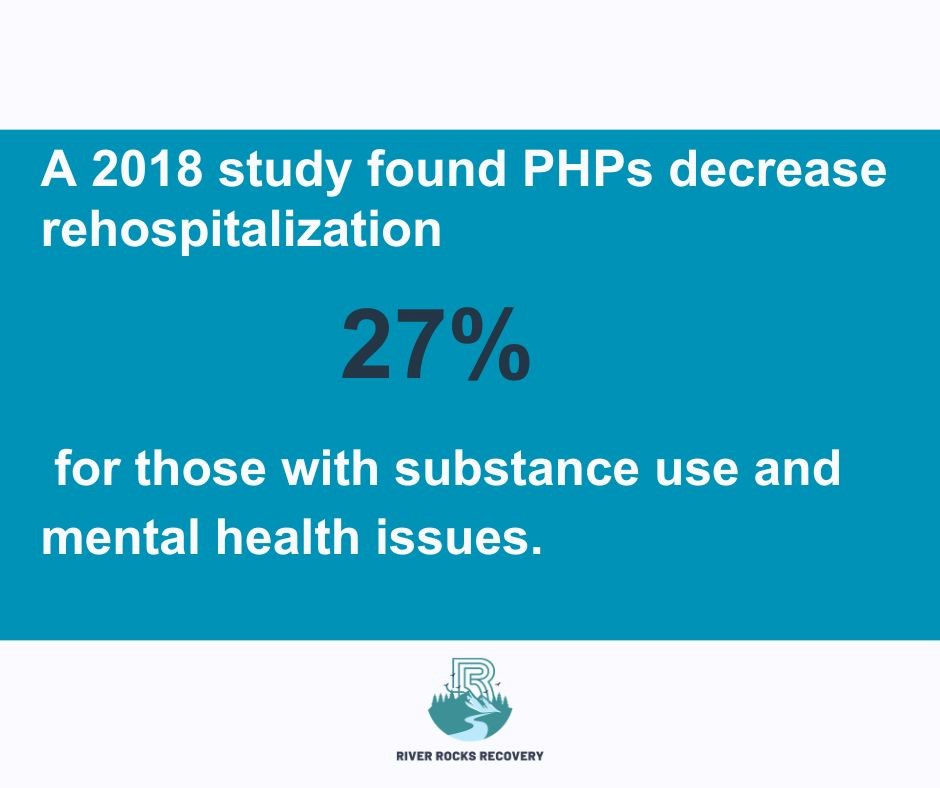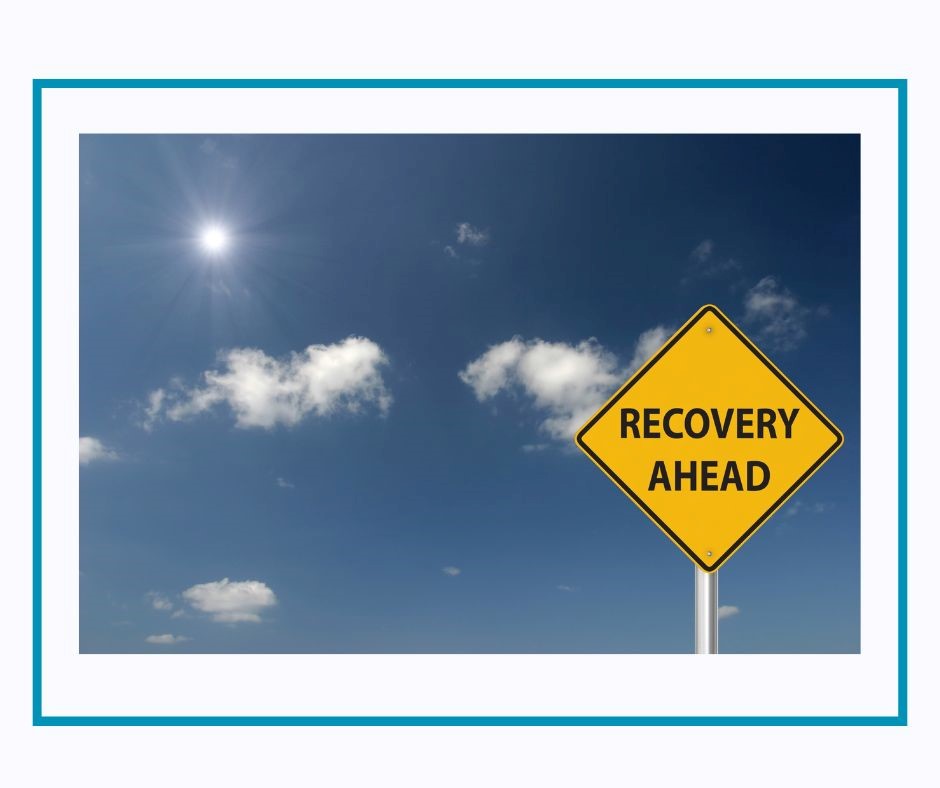As you embark on your sobriety journey, the path forward may seem daunting. With determination and the right resources, lasting recovery is within reach. This guide provides practical strategies and leverages proven modalities to help you get and stay sober. Learn how River Rocks Recovery in Middletown, Ohio provides comprehensive offerings, including partial hospitalization, intensive outpatient care, individual and group counseling, and evidence-based therapies, empower individuals to overcome addiction. Discover the personalized support you need to write your recovery story. Call (888) 905-6281 or connect with us online to find support today. A life free from substance abuse starts here.
What Does Sobriety Look Like?
A Fresh Start
Sobriety marks a transformative new beginning, free from addiction’s grip. It’s a daily renewal of commitment to living life on your own terms – sober, present, and empowered. Recovery isn’t just about abstaining from substances but embracing healthy routines that nurture mind, body and spirit.
Balance and Fulfillment
True sobriety brings balance – rediscovering interests, repairing relationships, and finding purpose beyond chasing the next high. It means showing up fully for work, loved ones, and yourself. While challenging at times, this journey leads to greater fulfillment, self-respect and joy in the simple pleasures of being present.
Ongoing Growth
Sobriety is a continual process of growth, self-discovery and perseverance. With the right coping tools from therapy, support groups and lifestyle changes, you’ll gain resilience to manage cravings and life’s stressors in a healthy way. Celebrate each milestone while looking ahead with hope and determination.
Understanding How to Get Sober
The First Step
The first and most crucial step towards sobriety is acknowledging the problem and making a firm commitment to change. Addiction recovery is an ongoing process that requires dedication, perseverance, and a strong support system. Admitting you have a problem is a courageous act that opens the door to healing.
Professional Help
While some attempt to get sober alone, seeking professional help significantly increases the chances of long-term recovery. Programs like River Rocks Recovery’s partial hospitalization program (PHP), intensive outpatient program (IOP), and outpatient program provide a structured environment with other evidence-based therapies.

Partial Hospitalization Program (PHP)
Our intensive partial hospitalization program (PHP) offers a structured treatment environment for those needing a high level of care. Patients receive daily counseling, therapy, and medical support to build coping skills and achieve sobriety. A 2018 study found PHPs decrease rehospitalization rates by 27% for those with substance use and mental health issues.
Intensive Outpatient Program (IOP)
The intensive outpatient program (IOP) provides clients with flexibility to live at home while receiving frequent treatment. Group therapy, individual counseling, and support services promote lasting recovery.
Outpatient Program
For those requiring a lower level of care, our outpatient program offers counseling, therapy, and community resources. Treatment is tailored to each client’s unique needs for sustainable sobriety.
Comprehensive Approach
Recovery is a holistic journey that addresses the physical, mental, and emotional aspects of addiction. A comprehensive approach, combining counseling, and ongoing support, is essential for sustainable sobriety. At River Rocks Recovery, clients benefit from a multidisciplinary team dedicated to guiding them through every stage of the recovery process.
Getting Through Detox
The First Step
The first major hurdle in overcoming addiction is getting through the detox process. This involves allowing the body to rid itself of substances, which can be extremely challenging both physically and mentally. Withdrawal symptoms like nausea, muscle aches, anxiety and cravings are common.
Professional Support
Attempting detox alone is strongly discouraged due to the high risk of relapse or life-threatening complications. A supervised detox program provides a safe, comfortable environment with 24/7 medical care. Medications are used to manage withdrawal and ease discomfort.
Coping Strategies
Our counselors work closely with you to develop healthy coping mechanisms for the inevitable cravings and difficult emotions that arise during this time.Techniques like mindfulness, distraction, and lean on your support system are key. The goal is to get your mind and body substance-free–- clearing the path for deeper therapeutic work in recovery.
Treatment for Getting Sober From Alcohol and Drugs
Evidence-Based Therapies
Their team utilizes proven therapeutic approaches like cognitive behavioral therapy (CBT) and dialectical behavior therapy (DBT). Individual counseling and group therapy sessions further support your healing journey.
Ongoing Support
Recovery is an ongoing process. River Rocks in Middletown, Ohio offers aftercare planning and alumni programs so you have continued access to resources and community long after completing treatment.
Tips to Stay Sober
Set Realistic Goals
Sobriety is a journey, not a destination. Set achievable milestones and celebrate small wins along the way. Identify triggers and develop coping strategies to manage cravings effectively.
Build a Support Network
Recovery thrives on support. Surround yourself with positive influences – family, friends, support groups, or a sponsor who understands your struggles and motivates you to stay on track.
Practice Self-Care
Engage in activities that promote physical and mental well-being. Exercise regularly, eat a balanced diet, get enough sleep, and find healthy outlets to manage stress and emotions.
Stay Accountable
Attend individual counseling, group therapy sessions, or seek support from a trusted friend or family member to stay accountable and focused on your recovery goals.
How to Manage Urges and Stress in Early Sobriety
Identify Triggers
Recognizing situations, people, or emotions that trigger cravings or urges is crucial. Common triggers include being around others using substances, stressful events, or even certain locations. Building self-awareness helps avoid potential relapse situations.
Practice Healthy Coping
Develop positive coping mechanisms to manage stress and urges. Deep breathing exercises, meditation, journaling, or engaging in enjoyable activities can provide healthy outlets. Consider trying new hobbies or rediscovering old interests.
Build a Support Network
Early recovery can feel isolating, so cultivating a solid support system is vital. Attend peer support groups, enlist loved ones, or work with an addiction counselor or sponsor who can offer guidance and accountability. River Rock Recovery offers a relapse prevention therapy program tailored exactly for these needs.
Prioritize Self-Care
Proper rest, nutrition, and exercise are foundational for managing cravings. Fatigue, poor diet, and lack of physical activity can exacerbate urges. Make self-care a non-negotiable part of your routine.
Conclusion
As you work to build a life of sobriety, remember that recovery is a journey. There will be challenges, but also great joy as you reconnect with the activities and relationships that matter most. Lean on the proven programs, compassionate counselors, and welcoming community at River Rocks Recovery located in Middletown, Ohio. Call (888) 905-6281 or connect with us online to find support today. Our personalized treatment plans, therapy options, and ongoing support empower you to heal, grow stronger, and thrive in recovery. With each sober day, you move forward. You have so much to gain. We’re honored to walk this path with you.
FAQ on How Long Does It Take to Get Sober?
Recovery Timeline Varies
The timeline for achieving sobriety can differ significantly from person to person. Many factors influence the pace, such as the severity of the addiction, mental health issues, and commitment to recovery.
Detox Is the First Step
Detoxification from drugs or alcohol is typically the first major hurdle in getting sober. This phase lasts anywhere from a few days to a couple weeks, depending on the substance and heaviness of use.
Long-Term Sobriety Takes Time
While the physical withdrawal may pass relatively quickly, developing the psychological resilience for long-term sobriety is a gradual process. With comprehensive addiction treatment and support, most people start to stabilize within 3-6 months. However, ongoing counseling, peer groups, and lifestyle changes are usually required to maintain sobriety long-term.




























